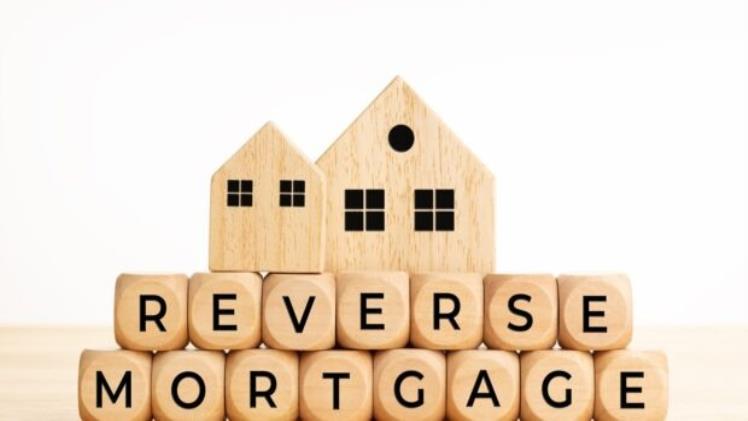As we grow older, we continue to look for ways to add to our income. This is especially true for when we retire. An unconventional way of getting additional funds to meet our growing needs is a reverse mortgage. But the question now is, is this strategy worth it in the long run?
What Is a Reverse Mortgage?
Before we go deeper into our discussion, we must first understand what reverse mortgages are. A reverse mortgage is a financial agreement that allows a homeowner to relinquish their home equity for regular payments. These payments can be used in different ways but they commonly add to a homeowner’s retirement income.
A typical scenario is this: as you continue to live in your home, your ownership stake goes down as the loan balance goes up. Since you’re not making monthly payments towards the principal amount, the interest grows over time. You then have access to the cash based on your property’s value, age, and the loan’s interest rates.
As far as reverse mortgages go, there are three types you can consider:
- Fixed Rate: Homeowners receive a lump sum of cash upfront.
- Tenure-Based: Homeowners receive payments regularly within a given time frame.
- Line of Credit: Homeowners have access to credit as needed.
What Are the Advantages of Reverse Mortgages?
As a financial strategy, a reverse mortgage offers homeowners a few benefits, such as:
- Improved Cash Flow: Reverse mortgages give homeowners liquidity and improve their cash flow to meet any of their current needs. The additional cash can help fund home improvement projects or children’s education. It can also be used for debt consolidation or just simply supplement income.
- Long-Term Tenancy: Going with a reverse mortgage lets homeowners stay in their residence for longer periods. This lessens the inconvenience of relocation.
- Health Care Funding: Another advantage reverse mortgages offer is giving homeowners access to funds that can be used for healthcare.
Are There Any Drawbacks to Reverse Mortgages?
While reverse mortgages may have their upsides, they also come with a few disadvantages, like:
- Decreasing Home Equity: Perhaps the biggest setback of reverse mortgages is the shrinking ownership stake in a home. Depending on how much you get from a reverse mortgage, you might not have anything to leave to your loved ones when the time comes.
- Loan Default Risks: Another major disadvantage of a reverse mortgage is the risk of defaulting on your loan and failing to meet your other financial obligations, such as property taxes and insurance. This could lead banks and money lenders to force a sale to recoup their costs.
- Higher Fees and Complex Products: Since a reverse mortgage isn’t something most folks are used to, the process can be quite difficult to understand. Navigating it might be complicated for most, especially with the higher upfront fees and interest rates. We recommend performing due diligence and seeking counsel when needed if you’re considering getting one.
Are Reverse Mortgages Relevant in Singapore?
While Singaporean banks and quick money lenders don’t offer reverse mortgages (or at least not yet), the SG government is considering it as a potential retirement supplement.
- High Homeownership Rate: The country has a high homeownership rate. Reverse options could provide homeowners access to additional funds to be more financially flexible.
- Aging Population: While reverse mortgages aren’t solely intended for seniors, they could use this mortgage type to supplement their retirement income.
Wrapping It Up
Reverse mortgages are a great way to meet various financial needs through home equity. However, as helpful as they may be, they come with certain drawbacks that you might regret later on. Plenty of thought and careful planning is required if you’re intent on getting a reverse mortgage. We recommend looking into other alternatives instead.






